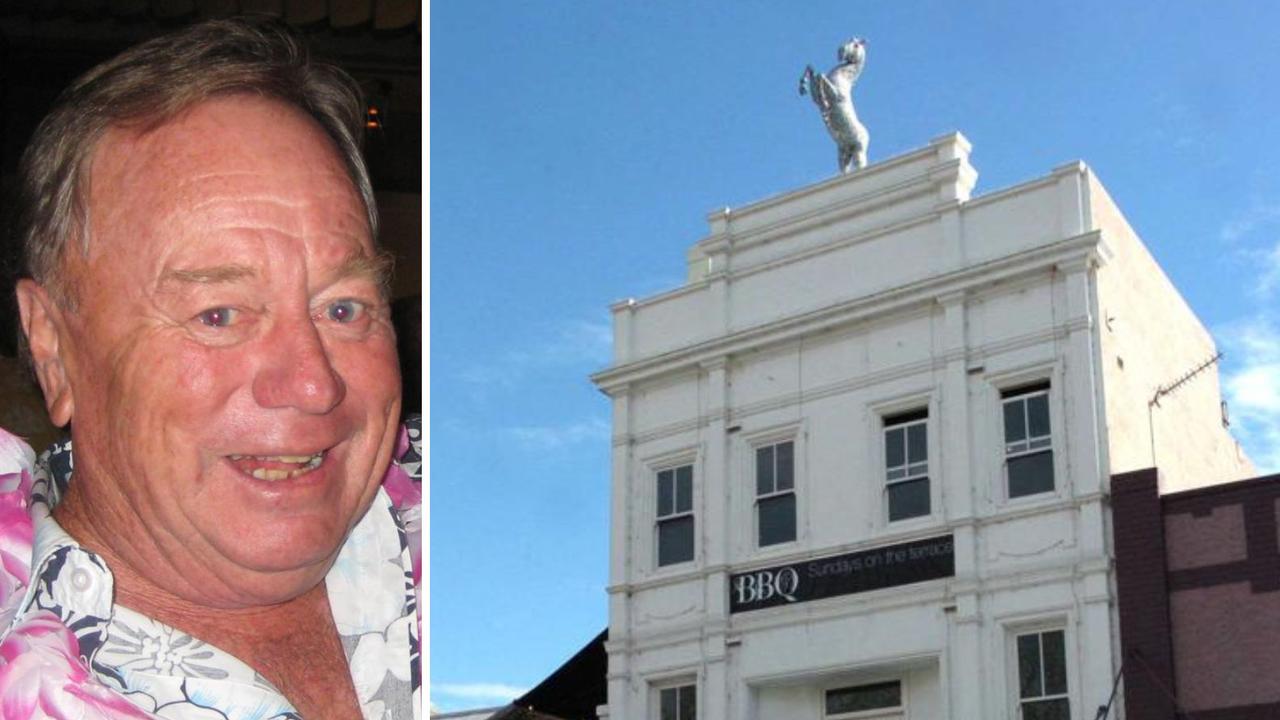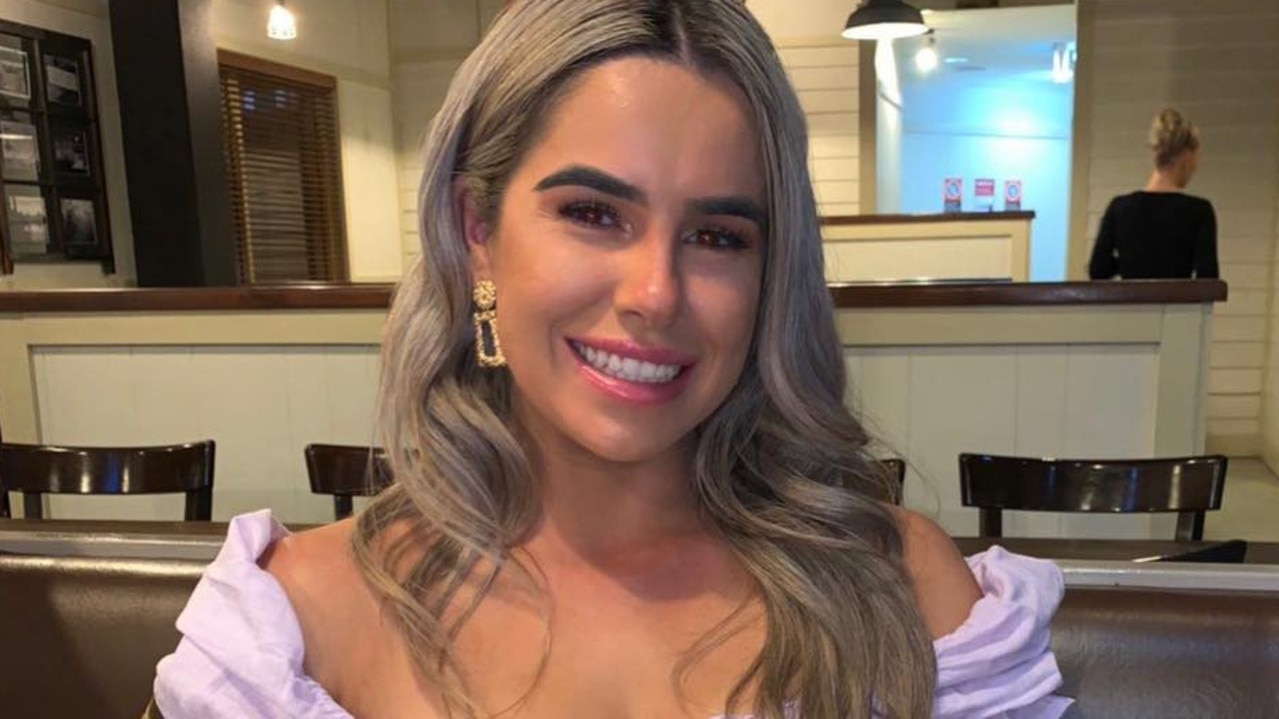‘Probably be six feet under’: Why this man owes his life to everyday Aussies
As Paris Cockinos lay on an operating table with a lacerated liver, “blown-up” spleen, deflated lungs, broken back and facial fractures. He’s alive today thanks to everyday Australians.
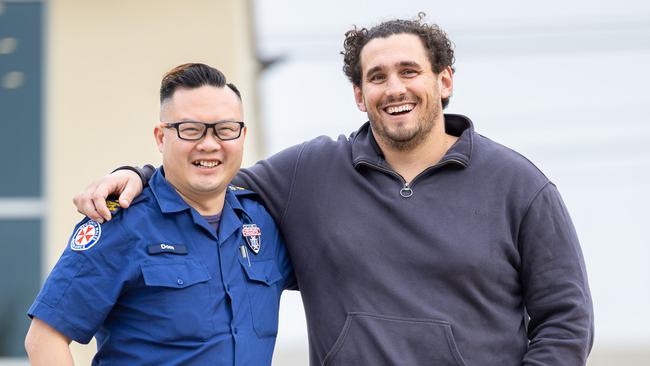
NSW
Don't miss out on the headlines from NSW. Followed categories will be added to My News.
As Paris Cockinos lay on an operating table with a lacerated liver, “blown-up” spleen, deflated lungs, broken back and facial fractures, there was a moment doctors thought he was “gone”.
The 32-year-old would not be alive today without blood donors after a motorcycle accident left him in an induced coma for four days in 2020.
“I was a perfectly healthy individual,” Mr Cockinos told The Daily Telegraph.
“Life got completely flipped on its head and without the blood donations … I’d probably be six feet under.”
Mr Cockinos was left in what he described as a “shocking state” after what was intended to be a fun motorbike trail ride with friends went wrong when he collided with a car in the Hawkesbury.

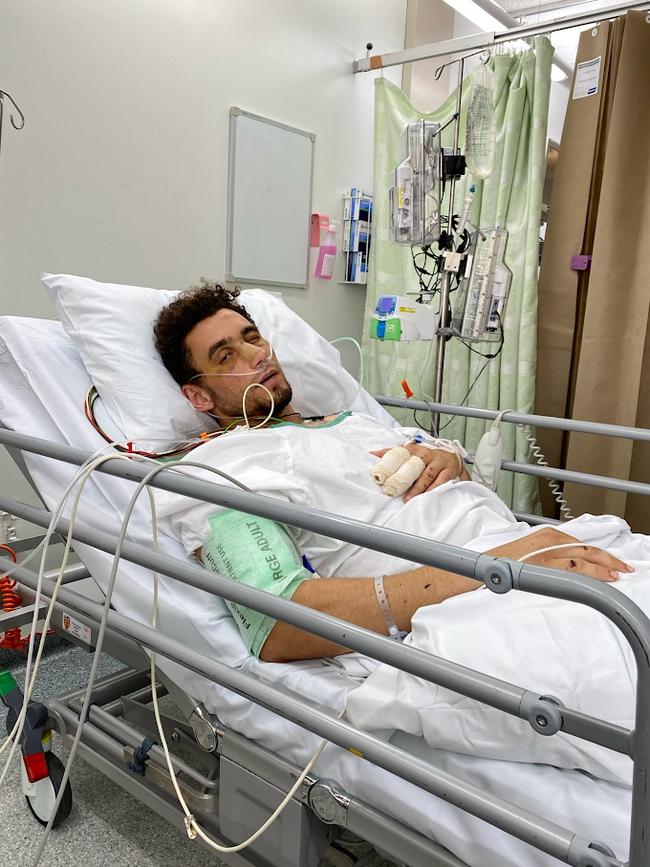
“I was put straight on the operating table to compress the blood … they found I had sustained a number of injuries,” Mr Cockinos said.
“My blood pressure got so low, they thought I was gone.”
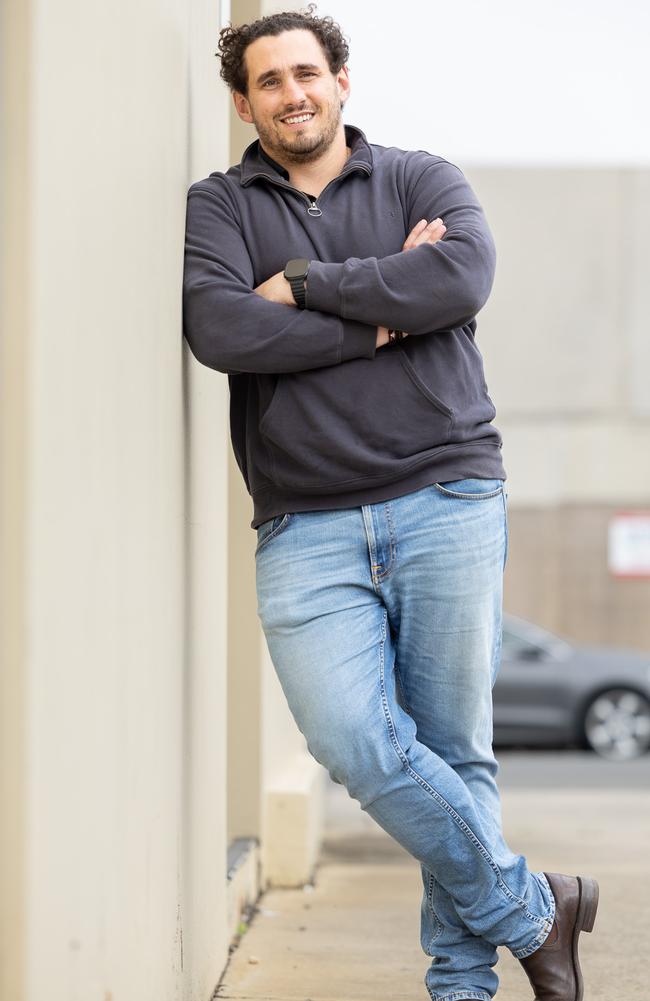
From the point of the crash to being flown to hospital at Westmead, Mr Cockinos needed a body’s worth - about 4.5L - of blood transfused.
The life-threatening experience highlighted the importance of blood and plasma donation to Mr Cockinos, who said many people didn’t even know their blood type.
“You don’t want to have an accident to tell you how much you can help someone,” he said.
“It’s as simple as finding out what your blood type is and how much it can impact you and impact those around you.
“O positive is the most valuable blood type that exists that can help many people.”
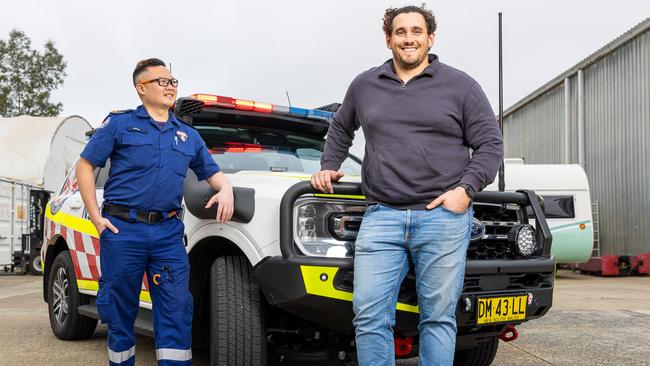
Mr Cockinos is speaking out about his experience and encouraging people to donate as O-type blood levels reach their lowest point since 2023 at the Australian Red Cross Lifeblood service.
Lifeblood executive director Stuart Chesneau said O-type blood was the most frequently ordered by hospitals and could be used in emergency situations, with O-negative considered the “universal blood type”.
“It can be used to treat patients when their blood type is unknown,” he said.
However, less than 7 per cent of the Aussie population is O negative, making their donations valuable.
Those with O positive blood are equally as important as their blood is also safe for emergency transfusions.
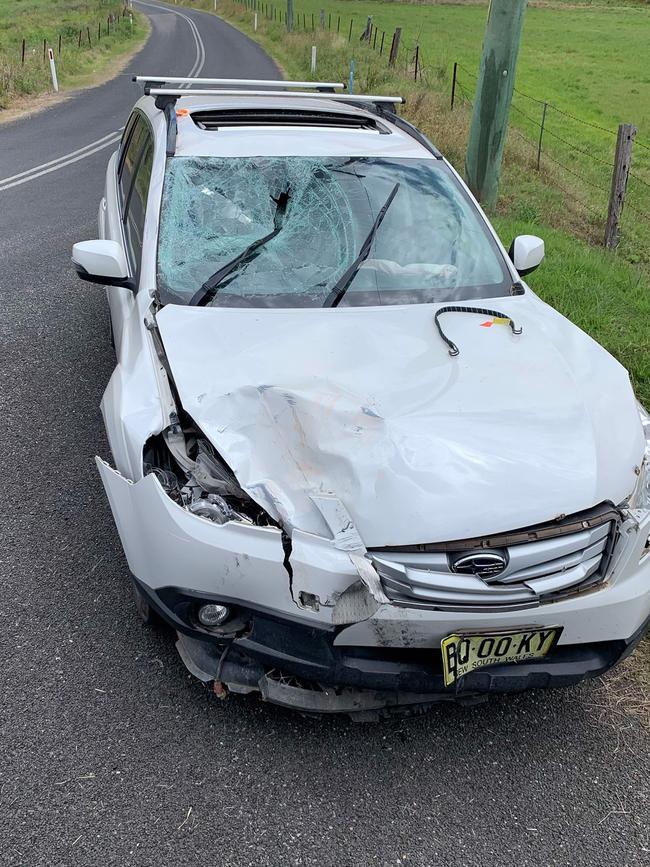
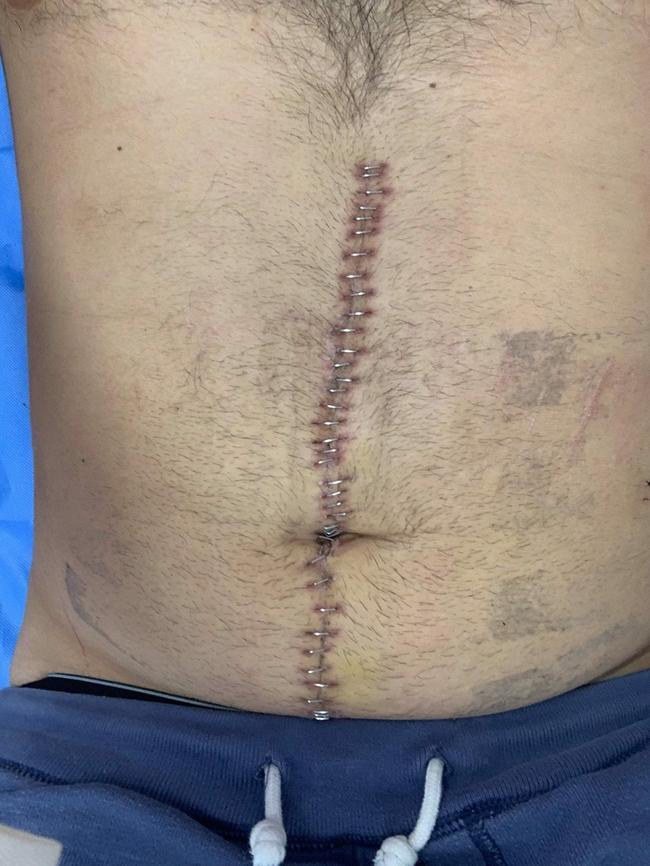
In an effort to boost blood and plasma stocks, firefighters, paramedics, police officers and State Emergency Service workers will be rolling up their sleeves in a three-month-long blood drive.
“Every day we issue close to 10,000 blood transfusions and medications to hospitals around the country to meet patient demand and we can’t do it without people donating,” Mr Chesneau said.
“An hour of your time might give someone the rest of their life.”
The Lifeblood Emergency Services Blood Drive kicks off on Tuesday at the Town Hall Donor Centre.
Do you have a story for The Daily Telegraph? Message 0481 056 618 or email tips@dailytelegraph.com.au
More Coverage
Originally published as ‘Probably be six feet under’: Why this man owes his life to everyday Aussies



